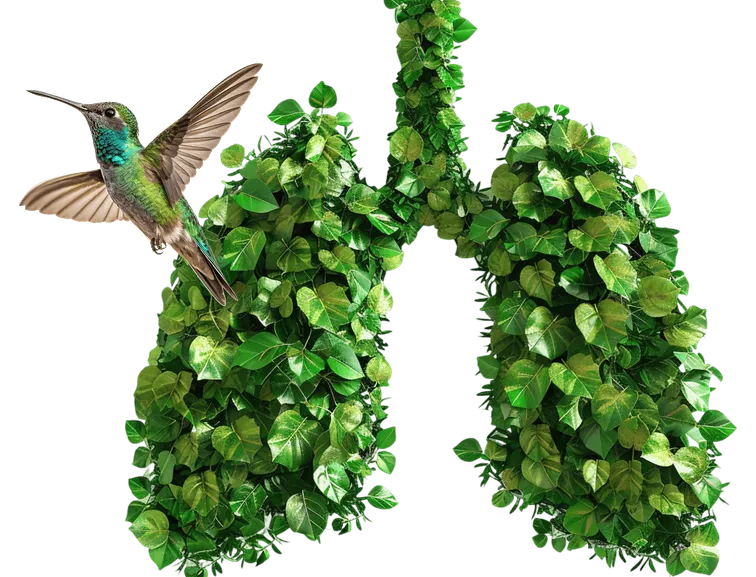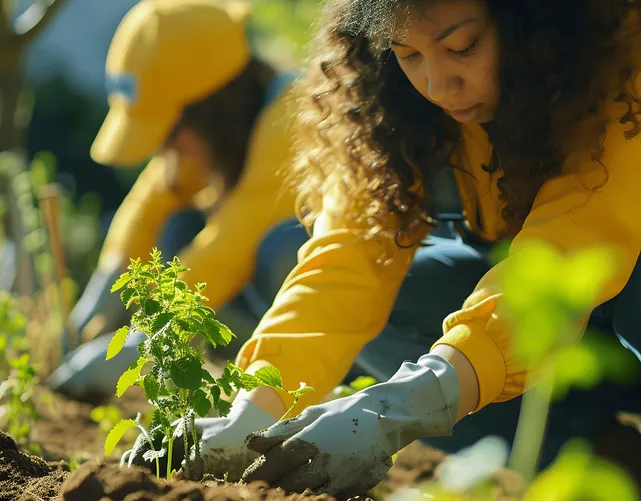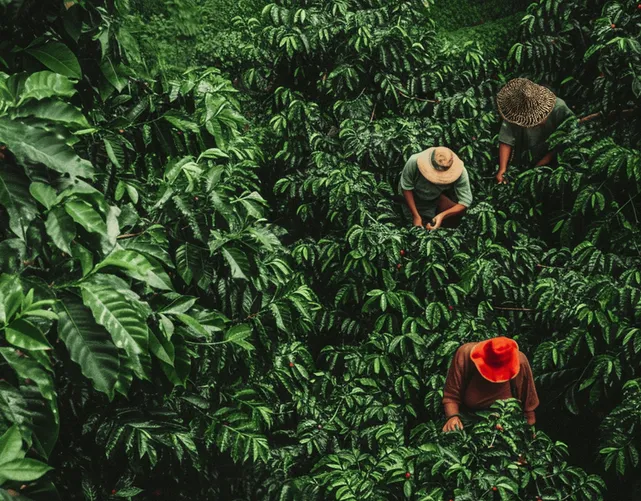Detailed Description of Our Project Areas
Brazil (Amazon Rainforest)
The Lungs of Our Earth
Brazil (Amazon Rainforest)
The Lungs of Our Earth
Ecological significance
The Amazon rainforest, often referred to as the "lungs of the Earth", plays a crucial role in the global climate system. It is home to about 10 % of all known species on Earth and stores enormous amounts of carbon—each hectare of intact rainforest can bind up to 200 tonnes of CO₂, mainly in the biomass of the trees and in the soil.
Challenges
The Amazon is under massive pressure from deforestation, slash-and-burn clearing and land-use change. Thousands of hectares of this valuable ecosystem are lost every year, not only releasing stored carbon but also threatening biodiversity and impacting local communities.


Our measures
In our project areas near Manaus we pursue a holistic approach:
- Protection of existing forests: By acquiring and actively protecting intact forest areas, we prevent their deforestation and preserve valuable CO₂ sinks. Our forest-protection programme includes regular patrols, satellite-based monitoring and cooperation with local authorities to combat illegal logging.
- Active reforestation: On already deforested or degraded land we carry out extensive reforestation measures. We rely on a scientifically optimised mix of native species and fast-growing trees with high CO₂-storage capacity. Particularly successful are species such as acacias (Acacia mangium) and fast-growing native pioneer species that adapt excellently to local conditions.
- Sustainable agroforestry systems: To ensure both ecological and economic sustainability, we promote agroforestry that combines trees with agricultural crops such as cocoa, açaí and tropical fruits. These systems not only provide ecological benefits such as improved soil quality and biodiversity but also create long-term income opportunities for local communities.
- Collaboration with indigenous communities: We work closely with indigenous peoples, respect their traditional knowledge and land rights, and integrate them as partners in our projects. Through joint planning and implementation of the measures, we ensure that local communities benefit directly from our projects and play an active role in forest protection.
Special achievements
Our projects in Brazil are characterised by particularly high CO₂-sequestration rates. The combination of tropical climate, nutrient-rich soils and specially selected tree species enables exceptionally fast growth and thus rapid CO₂ binding—up to 40 tonnes of CO₂ per hectare per year in the first years after planting. In addition, we have already successfully reforested several hundred hectares of degraded land and transformed them into productive, biodiverse ecosystems.
